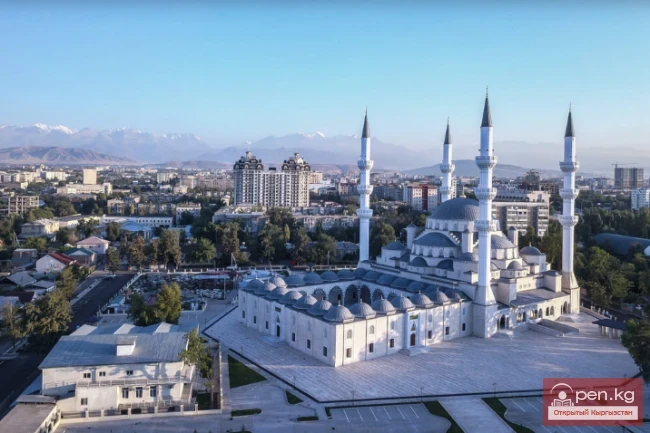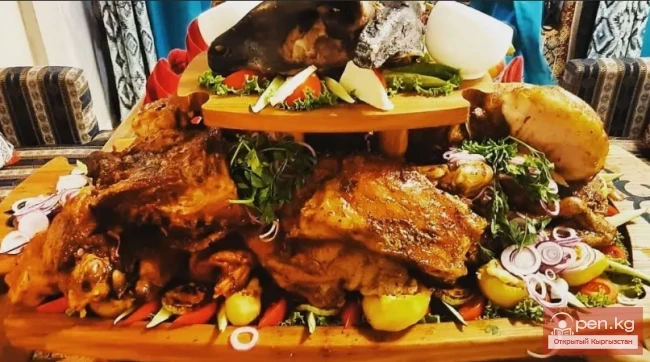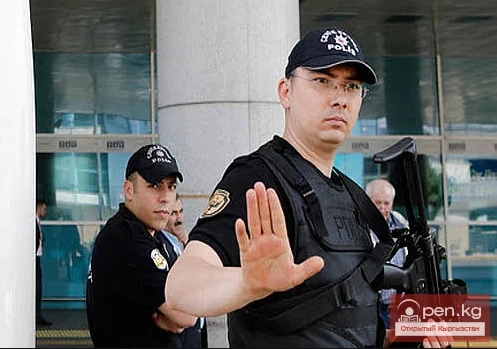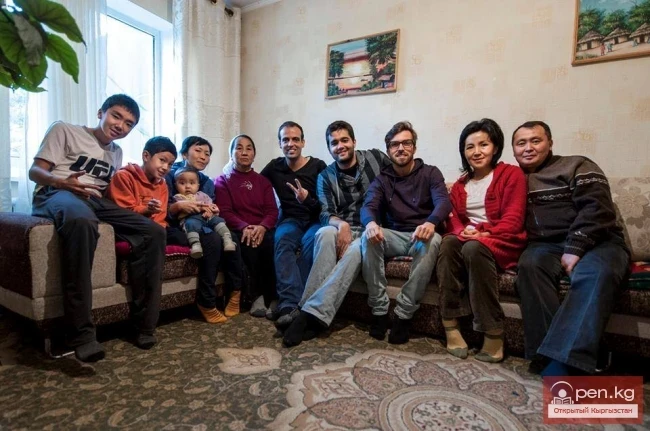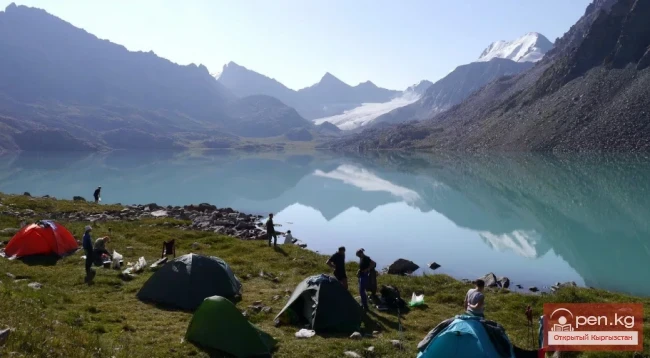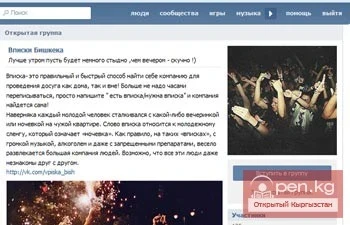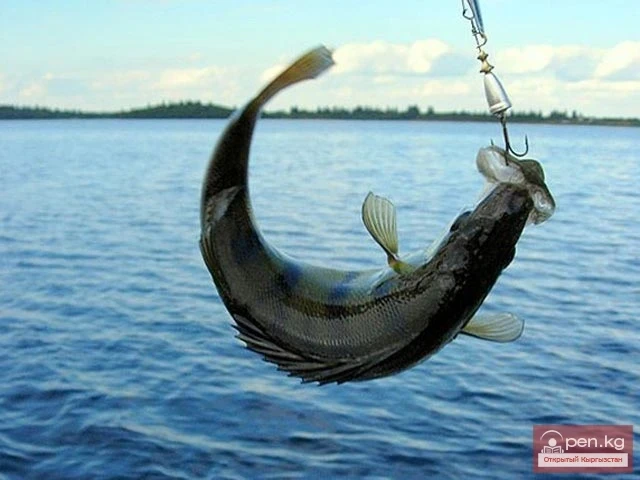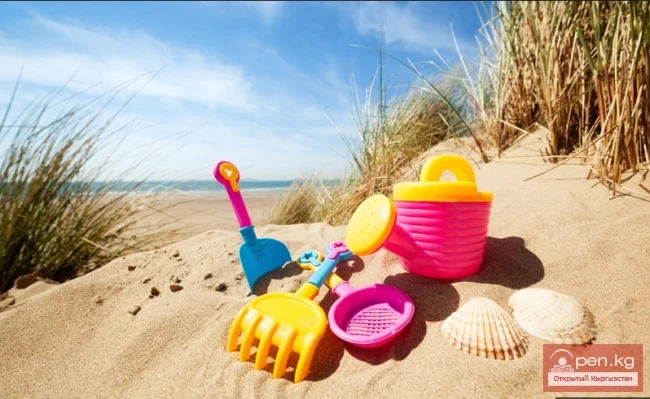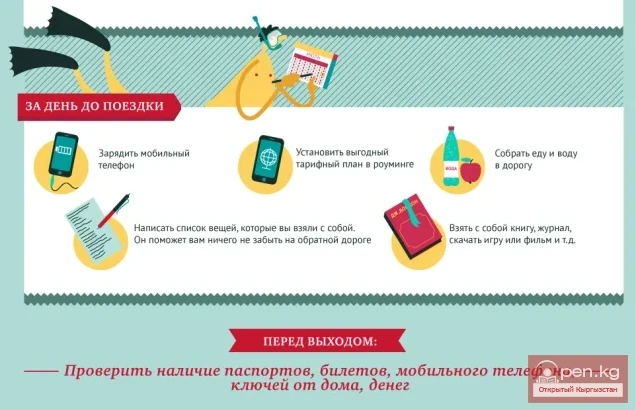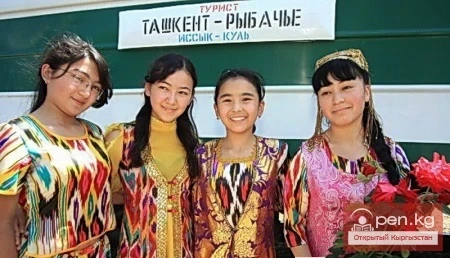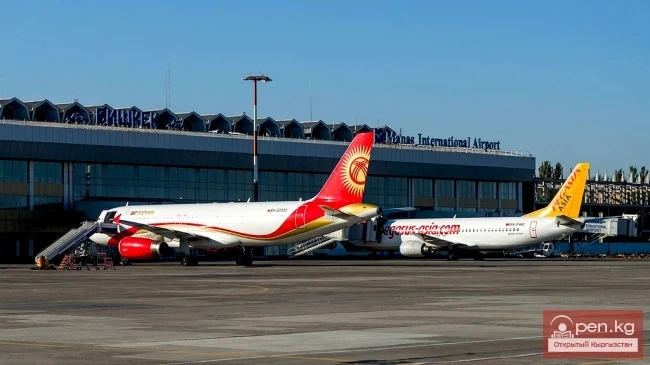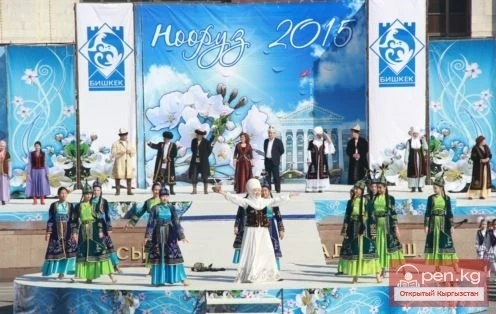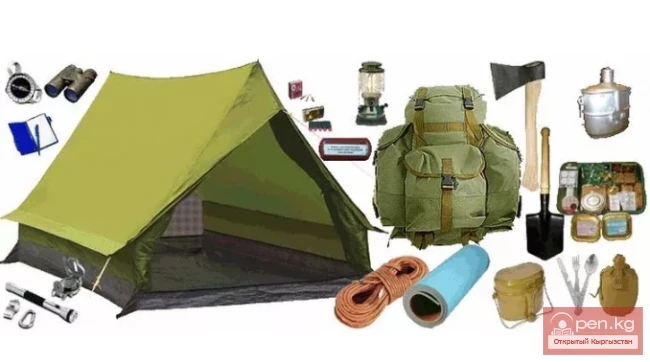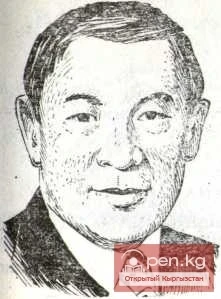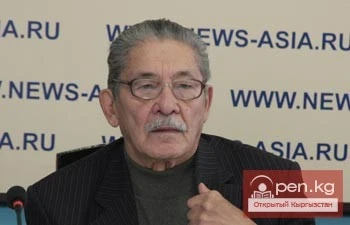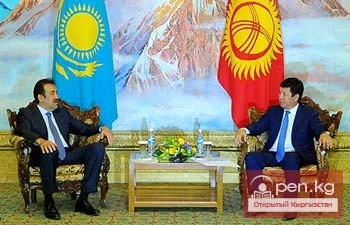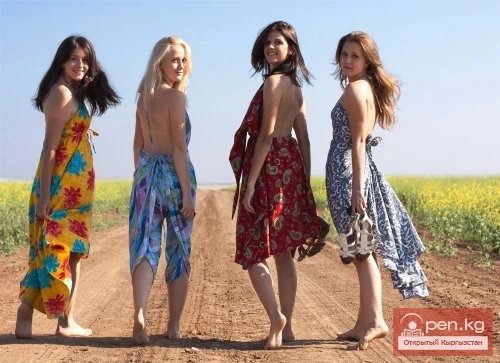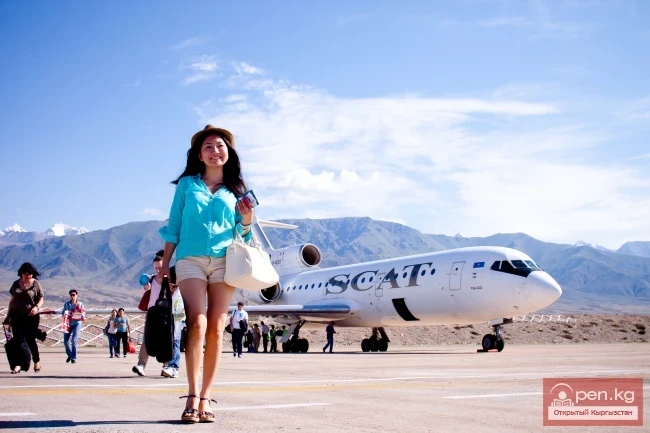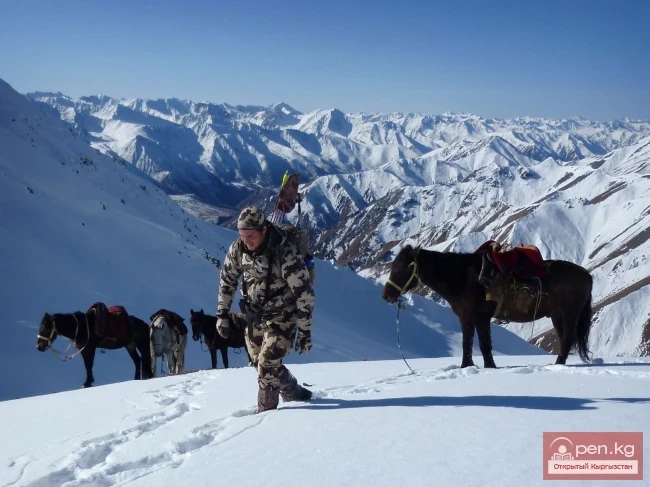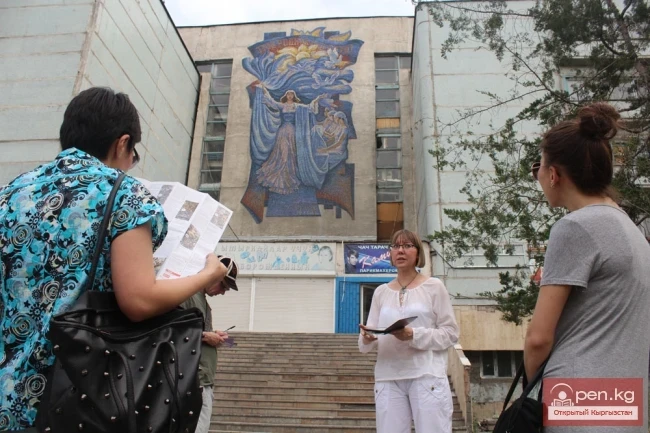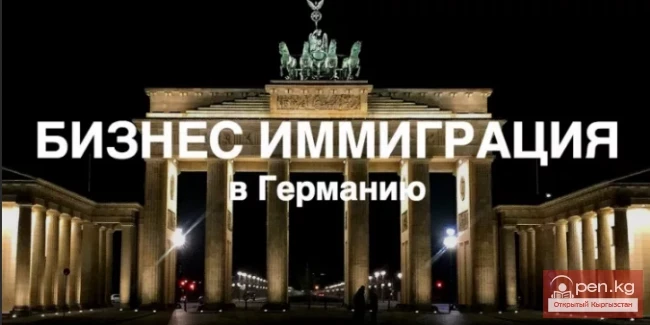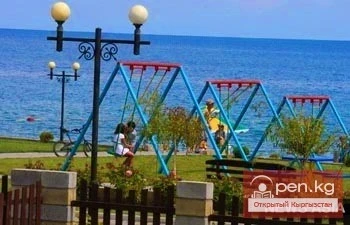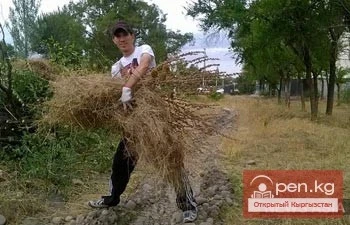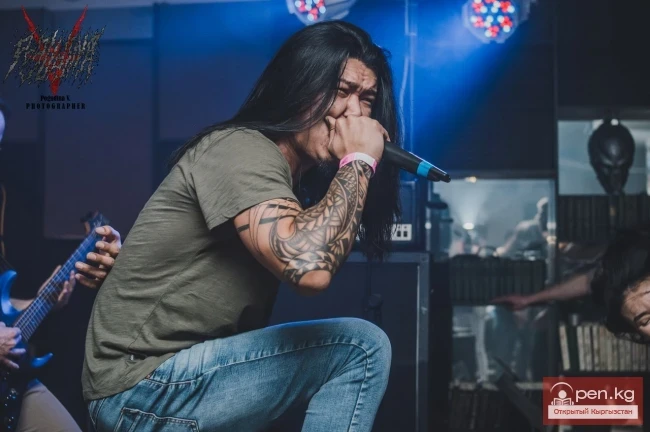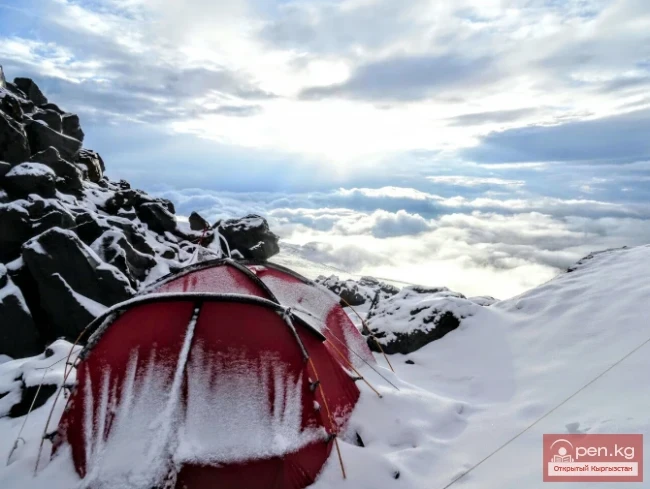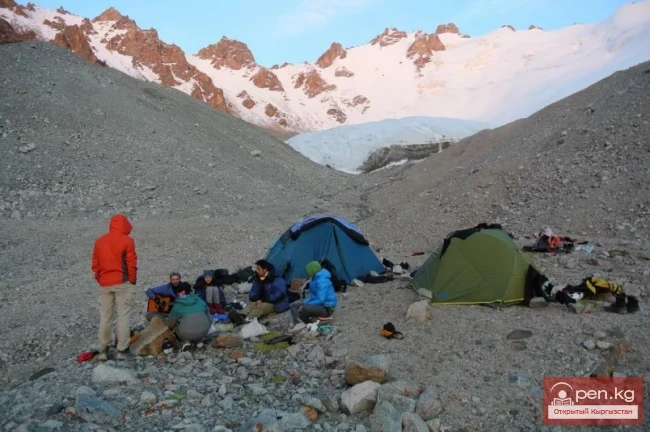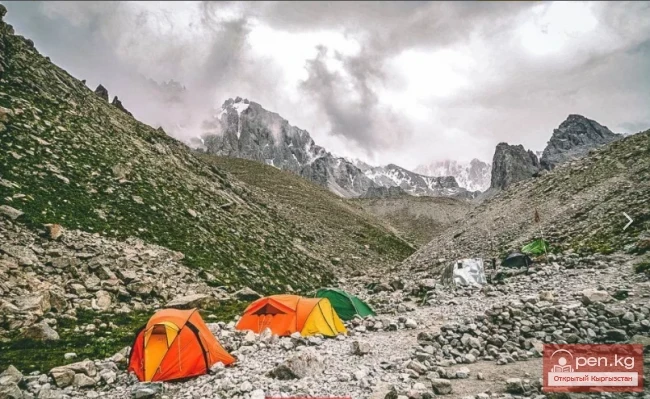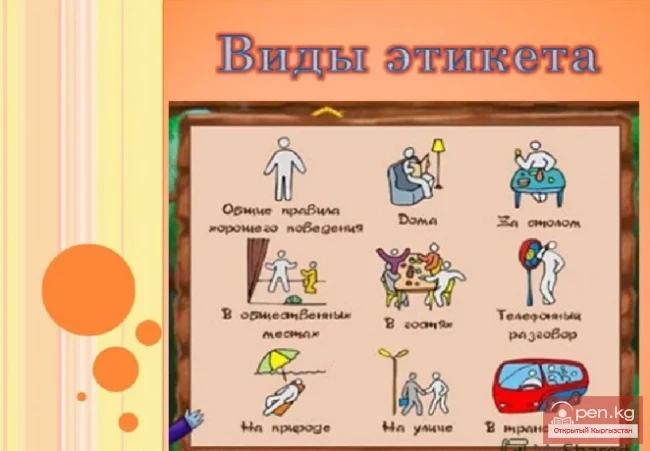A few things to remember for tourists traveling in Kyrgyzstan
Kyrgyzstan is open to Russians, Belarusians, citizens of Kazakhstan, and several other countries in 2021.
For entry through the airports of Bishkek (Manas), Osh, and Issyk-Kul (Tamchy) or by land transport, all passengers over 7 years old need a negative PCR test no older than 72 hours in English, Russian, or Kyrgyz. Entry is also possible with a certificate of full vaccination (Sputnik V is acceptable). There is no quarantine, and there are no restrictions in the country.
Hospitality here is almost the same as in the Caucasus: a guest is a celebration for the home. However, as everywhere, there are some things to know to feel as comfortable and safe as possible.
Please respect the traditions, culture, and religion of the local people.
Kyrgyz people practice Islam, but despite this, there is no strict persecution of moral violators, and some displays of affection on the streets of the capital are viewed quite leniently; walking hand in hand is not considered shameful here. In the northern part of the country, clothing requirements are more relaxed than in the south, where it is undesirable to walk the streets in short shorts and tank tops; it is better to wear light pants and a shirt that covers the shoulders.
In Kyrgyzstan, tourists are not in any danger. Just like in your hometown, it is advisable to take basic precautions to avoid minor inconveniences ruining your vacation. Keep an eye on your belongings, bag, and wallet to avoid becoming a target for pickpockets. Also, avoid walking at night in unfamiliar places and try to steer clear of noisy groups that are clearly not sober.
It is quite difficult to encounter any fraud in everyday life in Kyrgyzstan. The most unsafe places in this regard are private currency exchange points, so be sure to carefully count your money when exchanging currency in such places, or better yet, avoid them altogether and exchange money at a bank. You can exchange US dollars, euros, Russian rubles, British pounds, and Chinese yuan for Kyrgyz soms at banks, exchange offices, and hotels. Exchange offices and banks do not accept banknotes that are old, worn, torn, crumpled, or have any handwritten notes on them. Additionally, it is advisable to exchange currency in the capital, as the rates are slightly lower in the provinces. Credit cards are accepted in capital banks and some large hotels in Bishkek. Withdrawing funds from a card in the provinces is nearly impossible. The same applies to traveler's checks. Therefore, it is advisable to exchange sufficient funds before traveling in Kyrgyzstan.
On the streets of Kyrgyz cities, you can find many private taxi drivers looking for customers at any time of the day or night. However, they often work independently and are not regulated by anyone, so for greater safety, it is better to use taxi services rather than get into the first car you see on the street.
Be cautious when crossing streets and driving rented cars, as traffic in Kyrgyzstan can be quite reckless. Just as pedestrians can cross the road anywhere, cars do not always yield to pedestrians crossing the road.
Tipping is left in cases where it is not included in the bill, about 5-10% (large restaurants automatically include it in the bill). However, in general, according to Islamic hospitality traditions, tipping is not customary here. In shops, prices are fixed and quite reasonable. In bazaars and markets, bargaining is allowed and encouraged, but it is quite difficult to lower the price by more than 30%.
If you are invited to someone's home, remember to take off your shoes when entering. Do not smoke indoors. Inform the host about your food preferences. Traditional cuisine is rich and heavy, which may be unfamiliar to Europeans.
Therefore, it is advisable to be cautious in the first few days.
In Kyrgyzstan, you can drink water straight from the tap; it is completely safe and very tasty. The water is supplied directly from mountain sources, and the local population even considers it healthy. You can also buy bottled water, which is of very high quality and can compete with "Borjomi".
Since the climatic conditions of the country lead to quite hot weather in summer, light dresses, shirts, shorts, or pants are the most suitable clothing for this period. It is preferable for clothing to be made from natural materials, such as cotton, which allows the body to breathe. The pervasive dryness of the air in Kyrgyzstan makes it quite easy to endure hot days. Don't forget about headgear for sun protection; it's better if they have ventilation holes. White clothing absorbs the least amount of solar heat. For those with sensitive eyes, it is necessary to have sunglasses on hand.
Photo and video shooting is allowed everywhere, with the exception of airports and military facilities. It is advisable to be tactful and not take pictures of people on the street without their consent.
Always ask before photographing people, and try to establish a friendly rapport before taking pictures.
The Russian name is the Kyrgyz Republic (Kyrgyzstan), but locals will find it much more pleasant and correct if you refer to it as the Kyrgyz Republic (Kyrgyzstan).
When heading into the mountains, wear hiking shoes or boots, as the trails can be slippery and rocky. Bring warm clothing and a raincoat. The weather in the jailoo (pasture) can be rainy and cold even in summer. Always carry flashlights, sunscreen, and insect repellent.
Carry a plastic bag for trash. Collect all non-biodegradable waste. Please do not drop cigarette butts or wrappers. The high-altitude vegetation is fragile; avoid trampling and collecting large quantities of plants or flowers.
Leave only footprints, take only pictures!
